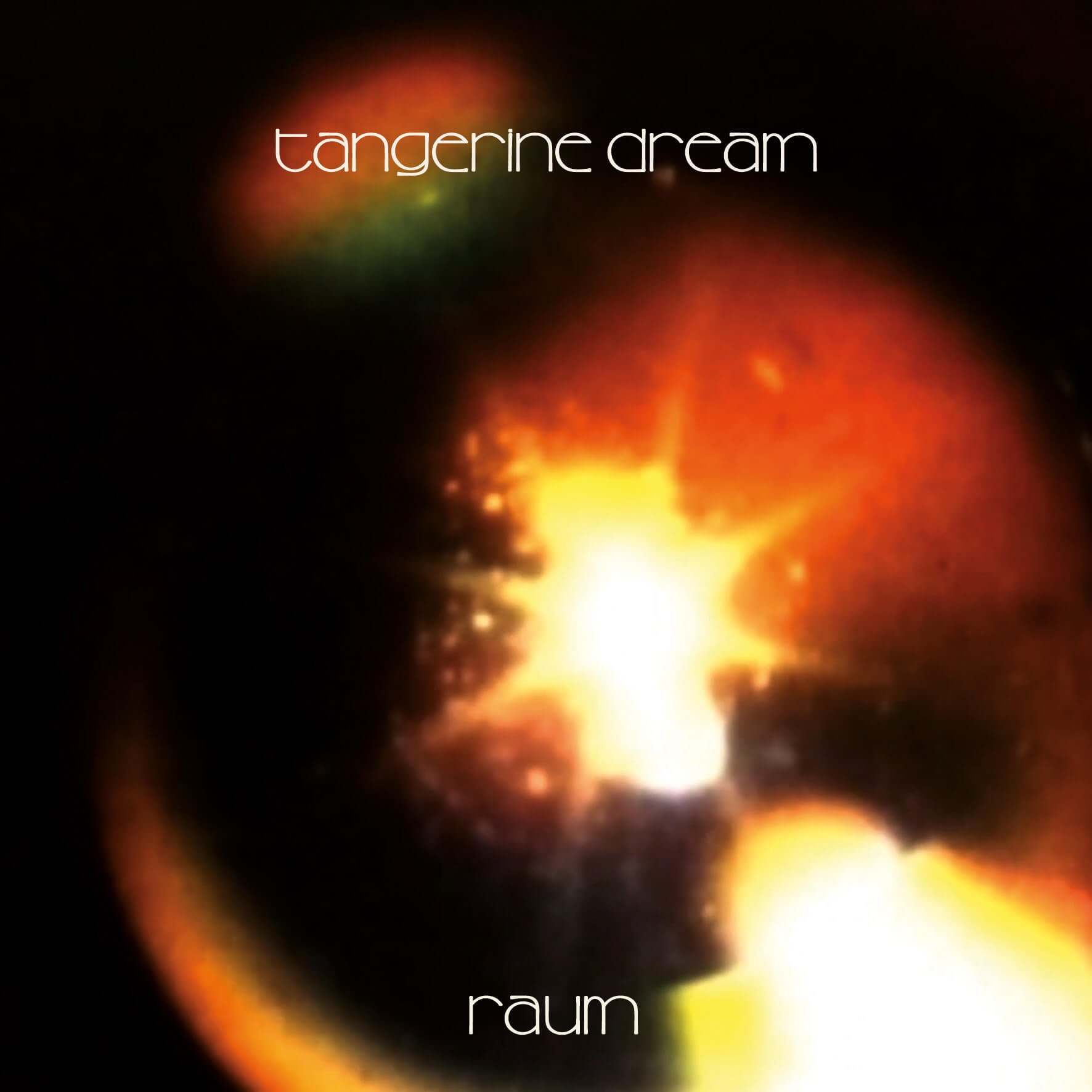TANGERINE DREAM - RAUM
This is perhaps the future for a few of the old “classic” bands. Continuing to make music even after the death of key and founding members. Raum is the fourth album (incredibly) since the death of founding father of electronica, Edgar Froese.
The roots of Tangerine Dream go back to my first year on Earth, 1965. In 2015, Froese left this planet and commenced what is no doubt a wondrous journey across the cosmos accompanied by all kinds of celestial music making machines. When he died unexpectedly, it is believed that he had actively planned that his band would continue without him. The band now consist of Thorsten Quaeschning (synthesizer, musical director with whom Froese collaborated prior to his death), Paul Frick (synthesizer), and Hoshiko Yamane (violin).
Tangerine Dream were one of the most influential bands of all time, and in amongst the plethora of recordings there were moments of sheer beauty and certainly cutting edge technology. Much electronica can leave one pretty cold, but, at their best, the band rose above that.
There is not a great deal which can be said to be ground-breaking or cutting edge on Raum. This is not the sound of a movement of the future, as much of their heyday recordings were, but rather a consolidation of a classic sound, with perfectly competent musicians supporting a bloke in charge intimate with the vision of his mentor. There is absolutely nothing wrong with this. If you like Tangerine Dream, then you will like this album. It is very spacey, and more than a little simplistic in places, but it does allow the listener to dream and to wander sonically. At the heart of the album are two epic tracks, In 256 Zeichen and the title track.
The former weighs in at just over 19 minutes, and is my favourite piece. It is a long track, but within it there are some extremely uplifting moments of synth and violin interactions. Perhaps more than any other piece on the album, this is the sound of a band prepared to take a few chances.
I have read that the title track is a homage to classic pieces such as Phaedra. I suspect that some long-term obsessives might cock a snoot at this, but certainly the expansive alien sounds produced here do make the listener pay attention. Parts of it are, in fact, the closest the band get to menacing in the atmosphere created. Whereas much of the album is meditative and dreamy, this is disturbing in parts, and all the better for it. The final third does lift this mood, especially with some lilting violin rising above the core synth chords.
To conclude, this is not the sort of album you will play the special one in your life on a Saturday night over a glass of wine and romantic dreams. It is, though, a natural continuation of the vision of a genius played very competently and to be filed under “play it at least a couple of times a year”.
